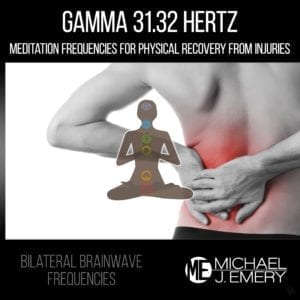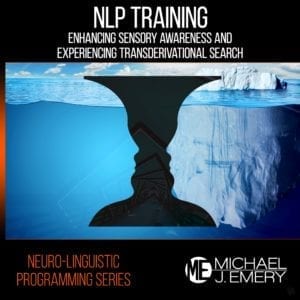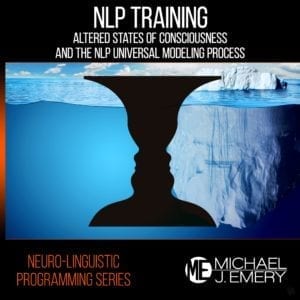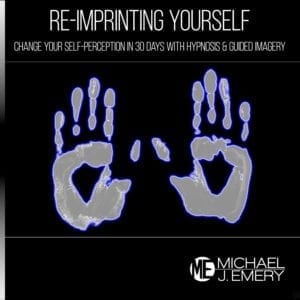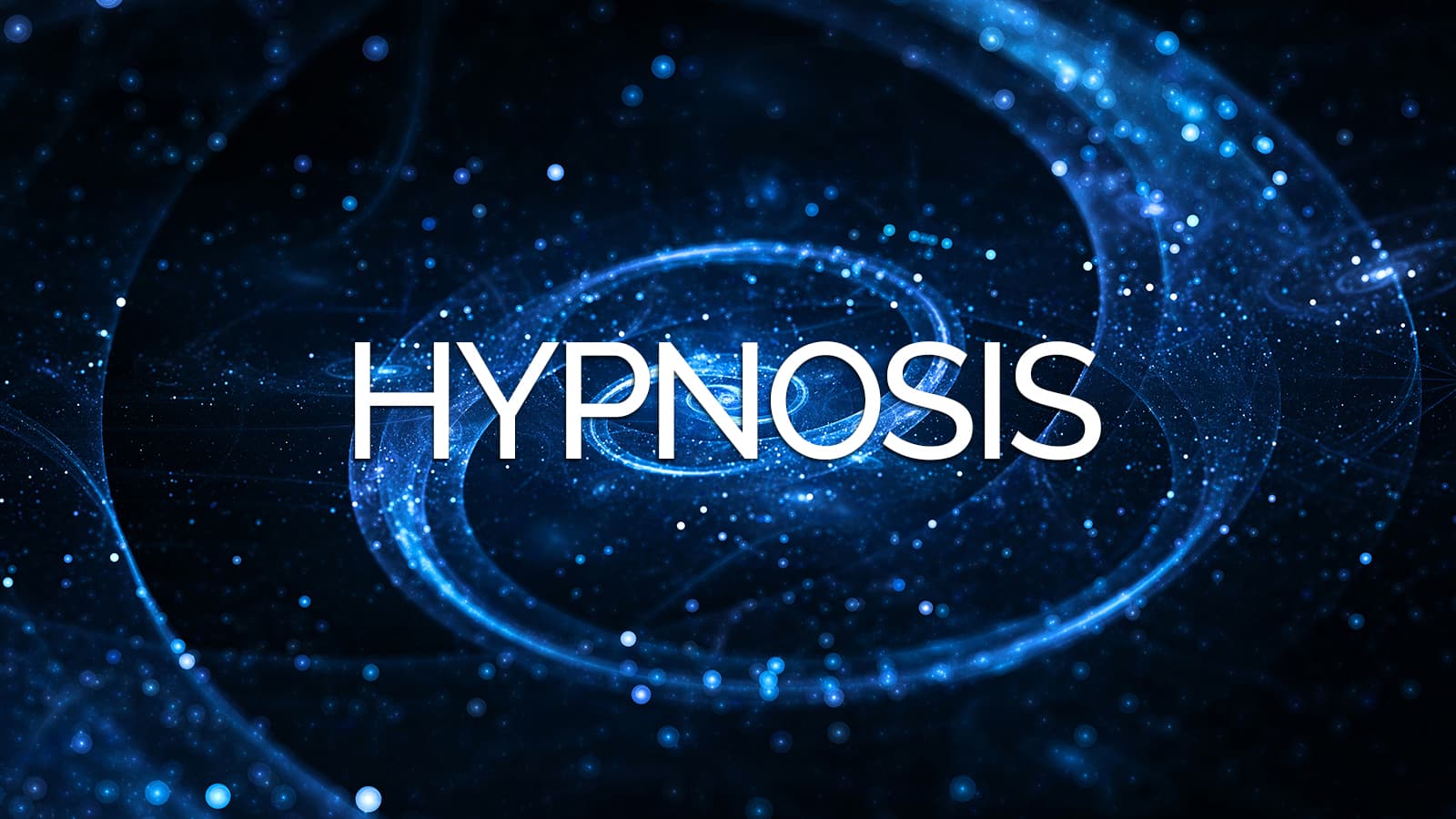For a long time, hypnosis was portrayed in TV shows and movies as a form of mind control. With just their voice and a stopwatch, a hypnotist could make someone do whatever they wanted – dance, spill embarrassing secrets or even sing. In the altered state, the hypnotized individual had no say what they did and appeared mindless.
Today, this portrayal of hypnosis still affects how people think about the practice in the real world and raises the question: does hypnosis online work or is it just a hoax? The answer to that is yes – online hypnosis does work, although it’s certainly not a person waving a stopwatch back and forth and bending people completely to his or her will. But, you can be hypnotized using the online resources available on this site.
What is Online Hypnosis?
The basic definition of online hypnosis is to enter into a trance-like state using various methods, such as suggestion or visual imagery. Despite sounding a little different or new, entering into a trance isn’t uncommon at all–anybody who has ever daydreamed, “spaced out” or been so focused on a task that they forget everything else has been in a trance. A trance, essentially, is just a state of focused attention.
Daydreaming is a good example of this – an individual who is daydreaming is not extremely aware of their surroundings and may not notice a bug scurry across the floor. Although if someone else were to address them, they would immediately leave the trance state and be brought back to reality. As mentioned before, hypnosis is just a tool for individuals to enter into these trances. In these states, the part of the mind that makes judgments, plans and thinks critically (the “conscious mind”) is not as active.
Instead, the unconscious mind, which controls things such as heart rate, breathing, and physical responses, is more active and the attention of the individual is a lot more focused. Here, suggestions can be made and the unconscious mind can be “reprogrammed” to think differently about something or to recall a past event. The next question, though, that often seems to come naturally after the explanation of hypnosis is: who uses it and why?
Who is using hypnosis online?
Hypnosis has been used for around the world a long time for different reasons. Buddhist monks, for instance, practice a form of self-hypnosis to better enter into a trance during meditation. There are plenty of online sites instructing salesmen on how to hypnotize their customers through touch or by repeating certain words. Despite these wide uses, perhaps the most popular use of it has been in medicine – primarily in psychology.
Just in psychology alone, hypnotherapy can be used for practically anything. For example, a patient with extreme insecurity about their body might benefit from a hypnosis session where the psychologist is “suggesting” body-positive messages and in short, reprogramming the patient’s unconscious mind to think more positively about themselves. On a different spectrum, patients who suffer from chronic pain may explore both hypnosis sessions and self-hypnosis in order to decrease their pain.
Although these are both different uses, the results have been positive and psychologists may use hypnotherapy for other issues as well–overcoming phobias, stopping a bad habit, or recalling a traumatic memory.










































